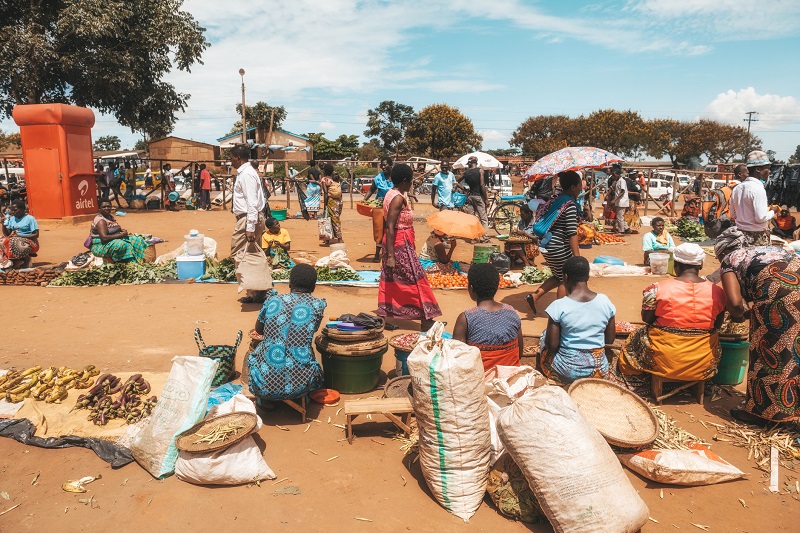Malawi's political scene has been remarkable for the past year. Rather than following a set script on electoral outcomes, it defiantly went on a journey that resulted in a new dawn for the country.
The then President Peter Mutharika was unpopular for various reasons such as corruption, nepotism, maladministration, and presiding over a non-performance economy. However, despite his unpopularity, he sought re-election in May 2019 and won. According to the Malawi Electoral Commission, he won 39% of the vote, defeating Lazarus Chakwera of the Malawi Congress Party who received 35% and Saulos Chilima of the United Transformation Movement who garnered 20%.
Malawians immediately went to the streets to protest the election results. There were complaints of irregularities, and many were convinced that the election was flawed and not reflective of their wishes. The protests led to clashes with the police, and the situation only calmed down after the army stepped into the streets to side with the protesters.

Both Chakwera and Chilima challenged the results in court. Finally, in February 2020, the Constitutional Court annulled the presidential election results, citing evidence of irregularities, and ordered new elections to be held within 150 days. Opposition parties, sensing an opportunity, decided to build a coalition behind a single candidate rather than splitting the vote. Nine opposition parties united under the Tonse Alliance with Chakwera as its presidential candidate, while Chilima ran as the vice president.
After the election rerun, Malawi's Electoral Commission announced that Chakwera had 2.6 million of the 4.4 million votes cast, representing about 59%, against Mutharika's 1.7 million votes, which resulted in around 39%.
Malawi's cabinet will have a lot on its desk from day one. The nation was focused entirely on campaigning, rallies, and the election, disregarding the rapid spread of the COVID-19 pandemic. Although official figures are still relatively low, the government will have to consider taking drastic measures to keep the epidemic at bay. Moreover, the voting patterns also clearly showed a divided nation with the southern part voting overwhelmingly for the Democratic Progressive Party (DPP) and the central region showing support for the Tonse Alliance. The government must work to sort out differences while listening to its citizens and keeping conflicts under control.
Stay in the Loop with EXIMA News
EXIMA is dedicated to providing our users with all the latest international trade information. For more articles like this one, make sure to check out the rest of our Media Page!









